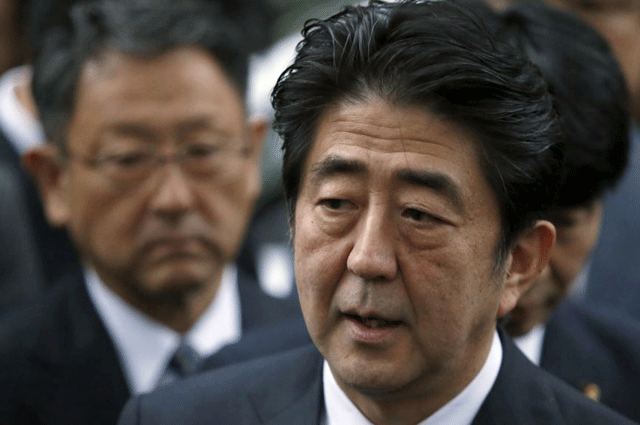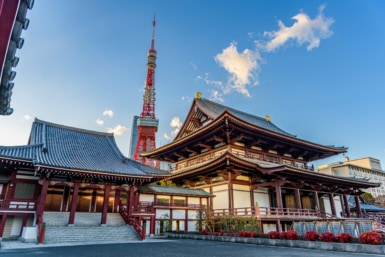Japan’s right wing revisionists have long come under fire for their attempts to amend textbooks that recount the sex slavery that comfort women were forced into by Imperialist soldiers during WWII. But this war of words is no longer just occurring between a radical faction and an outraged majority. A recent letter penned by 20 American historians protests revisionist rhetoric made by none other than Japanese Prime Minister Shinzo Abe and his administration’s diplomats.
The row began late last year when Japanese diplomats contacted New York based publishing house McGraw-Hill to request that two paragraphs describing comfort women’s suffering be removed from the American school textbook “Traditions and Encounters: A Global Perspective on the Past.” The request was not only rejected by the publisher—it also sparked outrage in American academic circles. Those frustrations were further stoked when Abe addressed the issue in the national Diet. According to Aljazeera “The Japanese leader said he had read the relevant section of the textbook and was ‘shocked,’ and he bemoaned that previous Japanese governments had ‘failed to correct the things we should have corrected.’” That, along with changes to domestic textbooks in which Japanese children will read further denials of the comfort women’s plight, have prompted many fervent critiques from historians and state officials throughout Asia and The West.
The aforementioned 20 academics published their letter in conjunction with the American Historical Association last month, writing that comfort women endured “beyond dispute the essential features of a system that amounted to state-sponsored sexual slavery” before taking aim at the “conservative Japanese politicians” that have “deployed legalistic arguments in order to deny state responsibility.” Their letter also criticized the “extremists [who] threaten and intimidate journalists and scholars involved in documenting the system and the stories of its victims.” That last point is in reference to the recent lawsuit leveled against Japan’s left-leaning Asahi newspaper for publishing graphic accounts of the rape, slavery and violence that comfort women contended with during WWII, some of which were proven erroneous while others held up to scrutiny.
And while Japan’s revisionists have met much resistance, they have also found surprising sources of support. One of their latest key advocates is none other than award-winning American reporter Michael Yon. The highly regarded, and highly polarizing journalist and commentator—who has drawn considerable praise for his coverage of the Iraq war and Thailand’s civil unrest—declared that the comfort women issue is being exploited by the People’s Republic of China to keep Japan divided and weak. While other experts insist that most of the Imperialist comfort trade was comprised of Chinese and Korean women, thus legitimizing the PRC’s outrage and critiques, Yon instead argues that the issue is a “geopolitical tool” that China is using to “attack” Japan. He adds that an in-depth American investigation into WWII crimes found no evidence of Japanese sex slavery, but instead groups of well paid prostitutes, before going on to say that Japan lacked the resources needed to carry out a comfort women trade: “What commander, during time of war with multiple nations, when Japanese Soldiers were starving, would dedicate resources to kidnap, transport, guard, and feed 200,000 sex slaves? The allegations do not even make sense.”
However the allegations make perfect sense to the eye witnesses making them, like Lee Yong Soo, a South Korean woman whose visit to Washington coincided with Abe’s. She ventured there to demand an apology from the Japanese Prime Minister, before his address to the U.S. Congress. She says the Japanese army kidnapped her when she was 16 and forced her into slavery.
Mili Yoon, a UC Berkeley student, told CBS News that Japan’s denial and refusals to apologize, in both textbooks and the latest state visit, are “disrespectful and cowardly to Korea’s only 53 survivors left.”
—Kyle Mullin
Image: voanews.com








